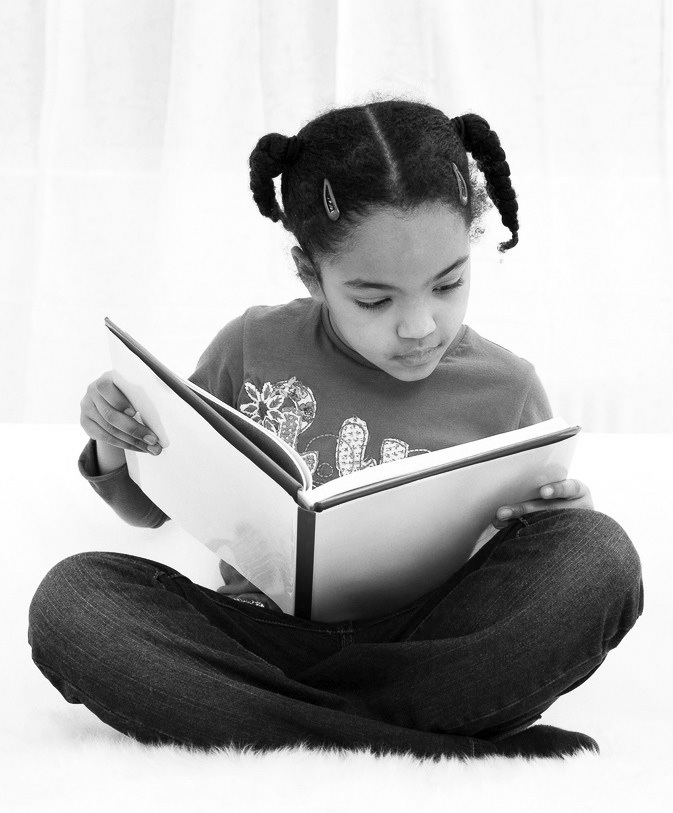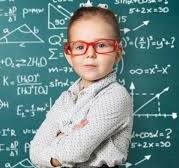
PART I
A collaborative act of the mind and the eyes to look at and understand printed letters is all about reading. Studying subjects at university and interpreting them and the rest are embodied in the meaning of the word.
It is also an act of one person who goes through the written material to extract the information or message which the writer intends to convey. Putting letters together alone cannot attract the reader unless there is a meaningful message conveyed that the reader is eager to grasp.
Reading is one of the four communication systems without which communication gets stuck making the extension of knowledge from one person to the other and from age to age impossible. As much as one speaks, hears and writes, reading has a key role in creating understanding between the reader and the writer complete.
The purpose of reading is to seize the kernel of the message or understand it with the mind; the process of reading is to pass the message to the memory. The piece of news, that the writer wants the reader to know is filed in the head in the way that it cannot be easily forgotten. What the eyes have seen is transferred to the brain to be filed and brought out for use when needed.
In Ethiopia, many people do not have the interest or the desire to read as anybody can see. If at all, it is the textbooks which we have to read to pass the exams at school or elsewhere. Several books are not meant only for exams but are for knowledge, entertainment and the like.
Writers are bent on passing their knowledge to others who they think are worth gaining them. One should be wise enough to grab the chance and place oneself among intellectuals that the world yearns for especially at this time of national and international crisis. Readers bring forth the solution to problems with the help of the knowledge they have gained from the dead giants.
Reading is an insatiable desire for knowledge and wisdom. From my readings, I gathered that there was an eighty-four years old man who was reading up to two in the morning only to rise at seven.
From the man’s experience, we can easily concluded that he was reading not to academically equip himself for a job of his desire in the future but it was a noble act of acquiring knowledge; that’s all and nothing else. The fast-approaching death did not deter him from sticking to his determination; it did not move him an inch, neither did he budge.
The mind that does not read has nothing to think and little to say. Ideas are formed from what one has gains through reads. It a situation in which the person obtains ideas which he does not have. While reading, we living pigmies discuss with the dead giants.
They are called giants because they have so much knowledge, their intellectual stature towers over that of the reader’s; his miniature stature compared to that of the author of the book he reads, makes him appear a pigmy.
The giants do not stoop to the level of the pigmy (the reader). The reader might complain of the inconvenient circumstances to read. Yet, that’s not their worry; they keep saying ‘rise to us’. Such instances occur while the person is on a field trip, especially in a remote area where reading seems rather impossible due to lack of the necessary facilities and conveniences.
Regardless of the reader’s arguments, the giants still refuse to accept them. They sternly believe that it is possible to read in spite the worst situations.
Reading is a royal road to intellectual eminence. One is sure that reading is a suitable means to the growth and development of the mind, distinguished for generating new and excellent ideas. Ideas are viewed as extraordinary pictures in the mind; perceived only through reading.
In other sense, it is being aware of new ideas through the mind and the eyes. The mind interprets what the eyes see. Reading with attention to detail is of paramount importance to the reader if he means to acquire true knowledge.
A genuine reader is agitated by the desire to transfer knowledge. He is ready to share what he gained from his readings. It is not his way to selfishly hoard knowledge for himself alone and use it as ornament, meaning for bragging purposes. The end result of reading is not for decoration but for function when it is owned by enlightened people.
The reader rejoices at watching others advance to his higher level. He is aware of the fact that a hidden knowledge is not better than illiteracy. Knowledge should be public. It should be what all should engaged in the scramble for it; it is not a one man property.
Hadn’t that been the case, the world would have remained illiterate and blind. No advancement of any form could have been achieved. The door is wide open for all to claim the ownership of knowledge gained by means of reading; no other option is available.
Reading helps individuals to perceive the mental impression of the author and adopt it to make it his own. He in turn, with his ownership right, takes the initiative to extend it to the generation that follows. Such is the responsibility that rests on the genuine reader.
As much as reading is entwined in human thought patterns, the reader is as much open to scrutiny. What does the reader like in his interaction with others? Is he just an ordinary person who cannot make a change in the society’s view of life?
First and foremost, a reader through reading is believed to have lived a thousand years. His continual communication with ancient writers earned him such splendid opportunity which non- readers are denied. A reader has abilities in many different ways by virtue of his relentless ties with books bearing different disciplines.
Altogether he is an all-round person. In discussions, he is quick to get the gist of the matter and by logically analyzing ideas he can arrive at convincing conclusions. He is easily approachable and can join in an argumentative conversation without remorse for his broad mindedness sustains in such situations.
As his readings get mature, he can identify and categorize ideas of different schools of thought. Thus, if he is a politically-oriented reader, he cannot be easily influenced or swayed by the rhetoric of politicians.
He knows where to cast his lot. He firmly stands amid the waves of political discourse and pursues the right course of political development and makes an intelligent choice of his preference and assists others to follow suite.
If a doctor does not update his knowledge through reading, he is no better than a lay man. The science of health is fast growing to the extent it seems impossible to keep pace with.
To dependably render service of saving the life of his patients, reading is much expected from the doctor. Even a nurse, if she carefully follows what the doctor does and in addition read, she can save life in the absence of the doctor. A well-read teacher, too, is proven to be an outstanding teacher as he is well conversant with different fields of knowledge through the instrumentality of his reading ability.
He can handle many subjects since has a wide range of exposure to different subjects. He is a good asset for the school and for the parents but not a liability like many others; his reading earns him the title of a born teacher. This fact holds true for every other occupation.
At the end, when reading and the reader are on the same wavelength, knowledge prevails and wisdom triumphs.
The Ethiopian Herald June 23/2019
BY JOSEPH SOBOKA





